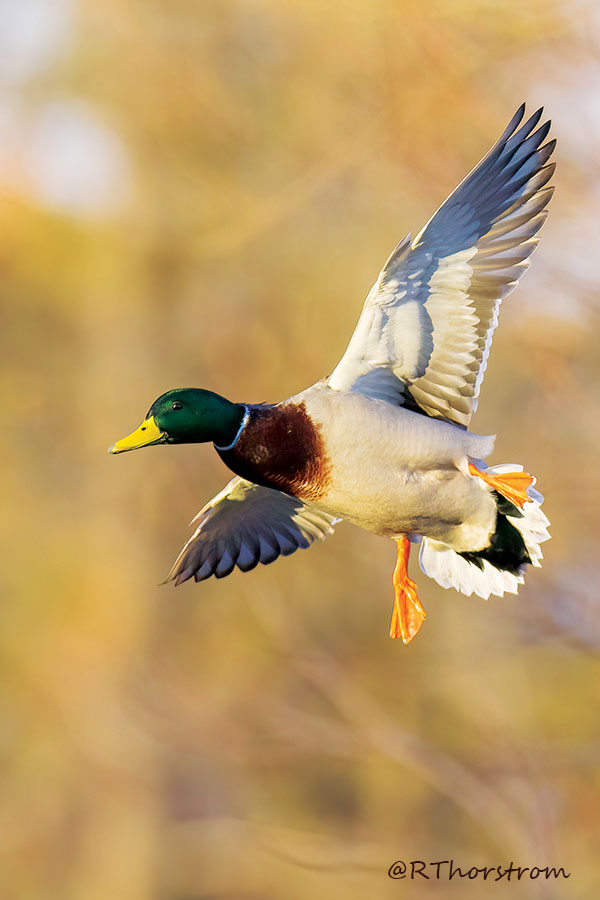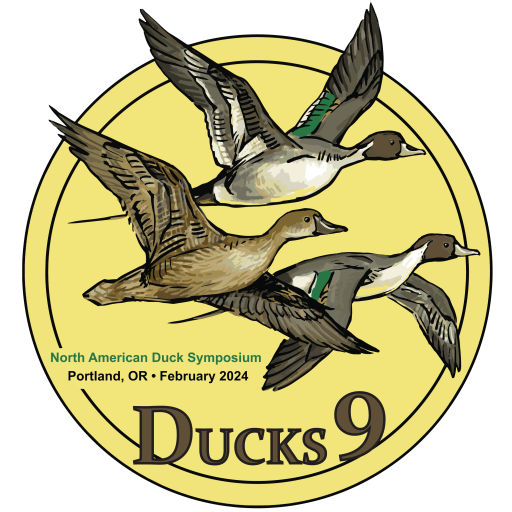Registration
Registration Rates:
Early Professional Registration – $600
Late Professional Registration – $700 (Starting January 13)
Early Student Registration – $350
Late Student Registration – $450 (Starting January 13)
Friday, February 9 Banquet Ticket – $75
Professional and Student Registrations Include:
(subject to change)
- Optional pre-conference workshop
- Opportunity to engage in a mentor-mentee event
- Welcome Reception
- Coffee Breaks and Lunch on each full conference day
- Poster Session
- Option to attend the post-conference Banquet and Awards Dinner
Additional Events:
Mentor-Mentee Event
During the registration process students can request to be paired with a working professional and given some time to meet and seek advice about network building, career planning, or whatever is of interest to the student. Mentors will be assigned from among those professionals attending Ducks9. Students can identify their preference for the type of professional they wish to engage with and conference organizers will do their best to honor that preference.
When registering to attend the conference students will be given the opportunity to rank their preferences from among the following categories of professionals:
- Professor
- Federal Biologist
- State Biologist
- Non-Profit Organization
- Joint Venture
When registering, working professionals will be asked if they are willing to serve as a mentor for this event.
Optional Pre-Conference Workshop
When registering you will be able to sign-up to attend the below workshop.
Bayesian Analysis of Band-Recovery Data
Taught by Dr. Thomas Riecke, James K. Ringelman Chair in Waterfowl Conservation, University of Montana; and others
Band recovery data are a critical component of waterfowl monitoring and management. We can use band recovery data to estimate harvest and survival probabilities via traditional Brownie models, and when combined with harvest survey data, to estimate population size and recruitment via Lincoln estimates. Although traditional analyses using maximum-likelihood methods (e.g. Brownie and Seber models in Program MARK) are useful and flexible, even greater flexibility is possible using Bayesian approaches. This one-half day workshop held on the opening Monday afternoon is targeted at students and agency personnel who are familiar with banding data and have familiarity with Program R, but it assumes no previous background in Bayesian analysis (e.g. JAGS or NIMBLE). You must bring a laptop to the workshop but attendees would be given access to flexible and adaptable code that could be readily adapted to their own needs. This is a no cost workshop.
Ducks9 Meeting Code of Conduct:
Please review our Code of Conduct, you will be asked to confirm you have read this during the registration process.

